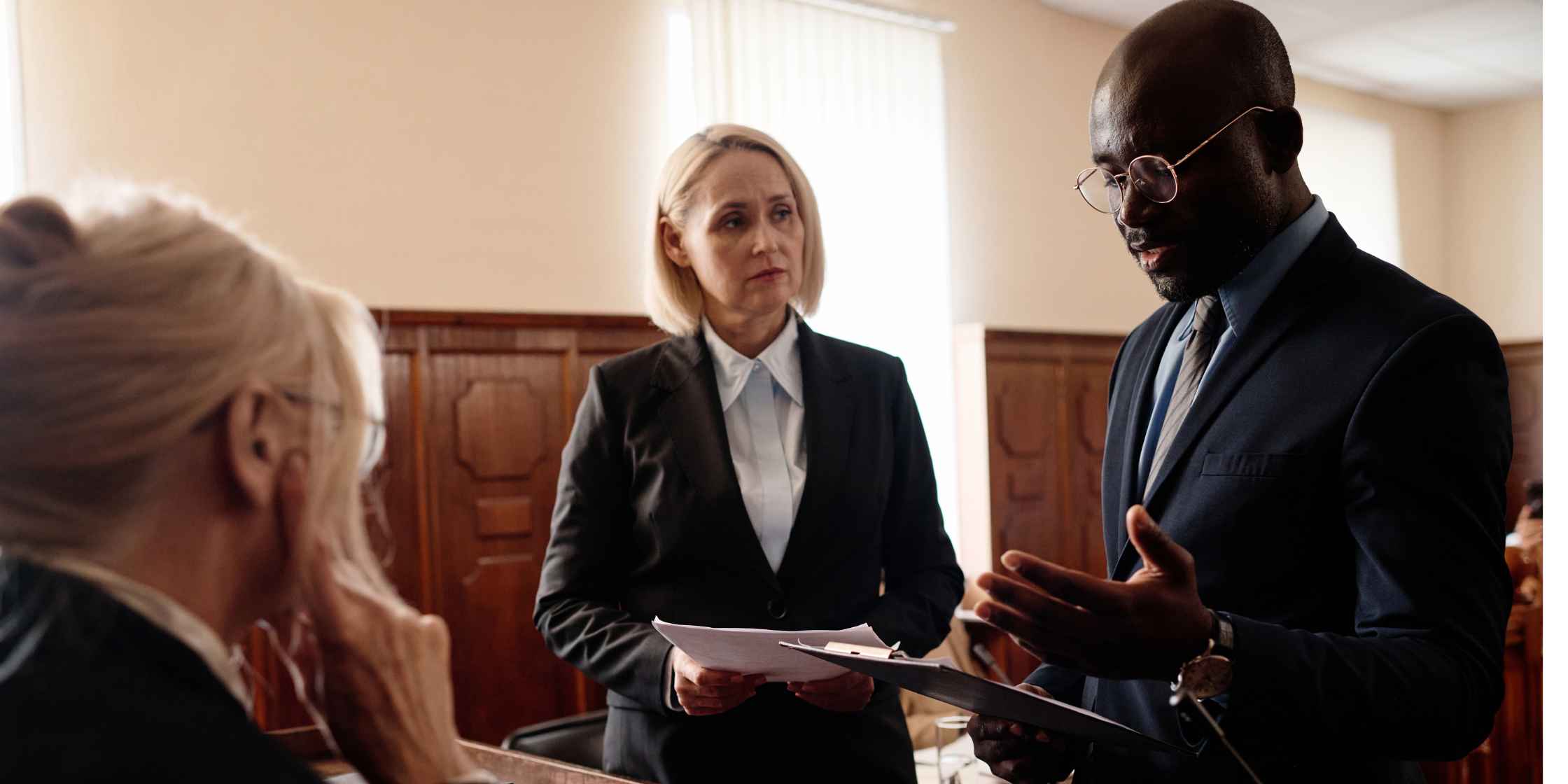Understanding the Criminal Process in Domestic Violence Cases in Colorado
Domestic violence is a significant issue that impacts individuals, families, and communities alike. If you or someone you know is affected, understanding Colorado’s criminal process for domestic violence cases can provide clarity and support. This article breaks down the framework, key players, law enforcement roles, court proceedings, victim rights, and resources available to help guide victims and advocates through each step.
The Legal Framework: Colorado’s Domestic Violence Laws
In Colorado, domestic violence encompasses a range of offenses against intimate partners. Here are some key elements of the state’s legal framework:
- Mandatory Arrest Policy: Officers must make an arrest if there is probable cause of domestic violence to try to ensure safety and discourage further violence among the parties.
- Restraining Orders: Victims can seek restraining orders to protect themselves.
- Enhanced Penalties: Repeat offenders may face stricter penalties.
Beyond these laws, Colorado provides victims with legal advocacy, shelter options, and counseling through various organizations. Knowing your rights and available support options can be empowering.
Interesting Fact: Domestic violence accounts for about 42% of all violent crimes in Colorado.
Key Players in Domestic Violence Cases: Who’s Involved?
Domestic violence cases involve several individuals, each playing a unique role:
- Alleged Victim: The person impacted.
- Offender: The accused, who has the right to due process.
- Law Enforcement: Responds to incidents, assesses whether an arrest is necessary, and gathers evidence.
- Prosecutors: Represent the state in bringing charges against the offender.
- Defense Attorneys: Protect the offender’s legal rights.
- Judges: Ensure fair proceedings and deliver judgments.
- Advocates and Counselors: Support victims in navigating the legal process and finding resources.
Note: Victims in Colorado are legally entitled to stay informed on all major developments in their case.
The Role of Law Enforcement in Responding to Domestic Violence
Law enforcement plays a pivotal role in domestic violence cases, often being the first to respond. When called to a scene, officers assess the situation, separate involved parties if necessary, and document their observations. If they determine there is probable cause that a crime has occurred, they are required to make an arrest.
Example: Imagine officers respond to a call where visible injuries are present. In this situation, they’ll separate the parties, collect statements, and arrest the suspected offender if probable cause exists. This initial documentation plays a critical role in subsequent legal proceedings, providing evidence that may later influence the case.
Navigating the Court System: Steps in the Criminal Process
Once law enforcement is involved, the case moves into the court system. Here’s a simplified breakdown of the process:
- Arraignment: The offender is formally charged and asked to enter a plea.
- Pretrial Motions: Both parties present evidence and make legal arguments, determining which evidence can be used at trial.
- Trial: If no plea deal is reached, both sides present their cases before a judge or jury.
- Verdict and Sentencing: If found guilty, sentencing could include jail, probation, or mandatory counseling. If found not guilty, the case is dismissed and sealed from the offender’s record.
Victim Involvement: Victims can share their experiences through impact statements during sentencing, allowing their voices to be heard in the process.
Key Takeaways
- Mandatory Arrests: Officers are required to arrest offenders if there’s probable cause of domestic violence.
- Victim Rights: Colorado law ensures alleged victims’ rights to information, protection, and restitution.
- Court Process: From arraignment to sentencing, understanding the legal steps can empower victims and advocates.
In conclusion, navigating Colorado’s criminal process for domestic violence cases requires understanding the legal system, and the roles of key players. If you have been charged with domestic violence, contact us here at Maher and Maher Law for a free case consultation.
Disclaimer: This article is for informational purposes only and does not constitute legal advice. For specific domestic violence cases, contact us here at Maher and Maher Law for a consultation.

